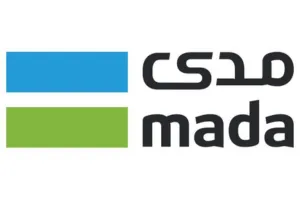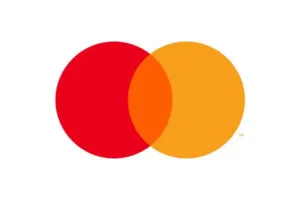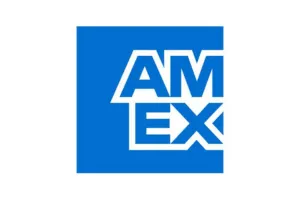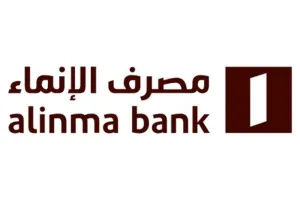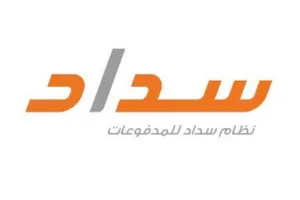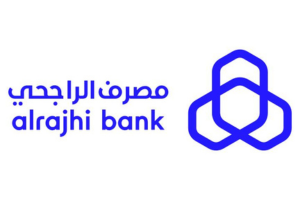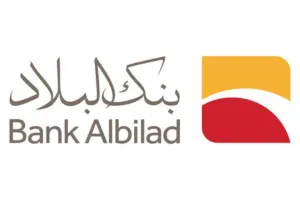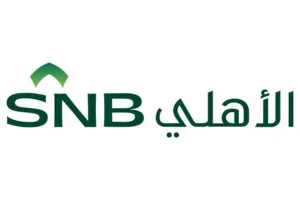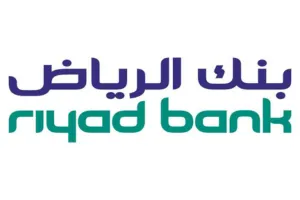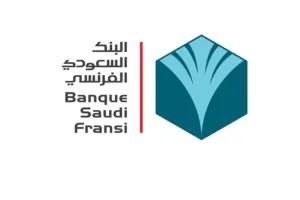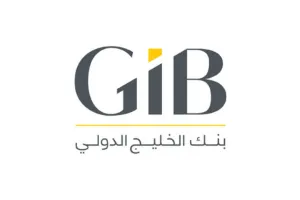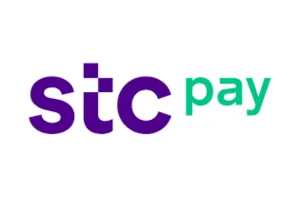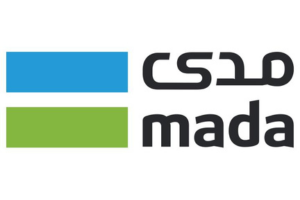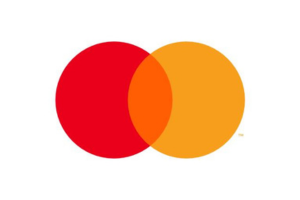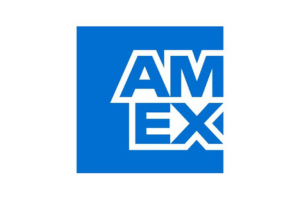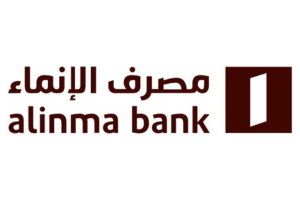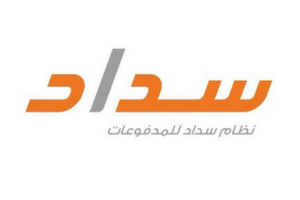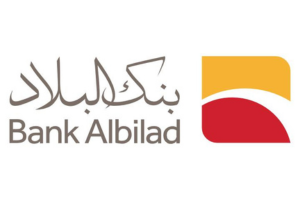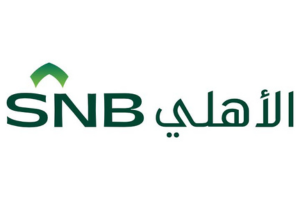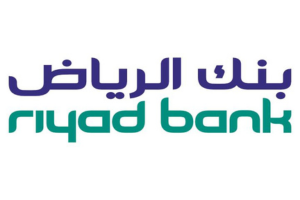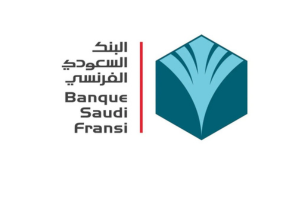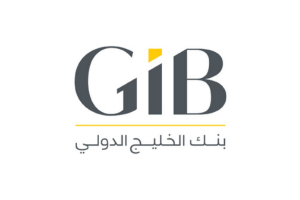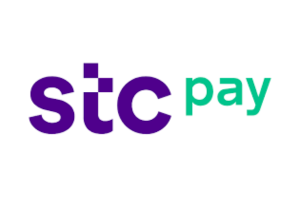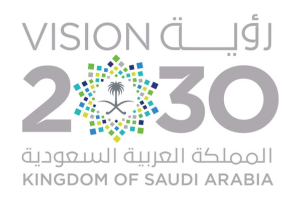Factory to produce solar cells and photovoltaic panels
Establishing a factory specialized in the production of solar cells and photovoltaic panelsto meet the growing demand for clean energy solutions in Saudi Arabia and regional and international markets. The factory will focus on manufacturing high-quality solar panels using the latest technology, taking into account environmental and sustainability standards, to be part of the shift towards renewable energy in accordance with Vision 2030.
Opportunity Content
Rationale for choosing the project
The global shift towards renewable energy:
The world is witnessing a major shift towards renewable energy sources, and solar energy is one of the most in-demand sources due to its advanced technologies and lower costs compared to traditional energy sources. This shift is increasing the need for solar panels both locally and internationally.
Contribute to reducing climate change: The project contributes to reducing greenhouse gas emissions and supports global efforts to curb global warming.
Growing demand for clean energy in Saudi Arabia:
Saudi Arabia is seriously seeking to diversify its energy sources through renewable energy projects, which increases the demand for solar panels to meet the needs of the Kingdom’s energy projects.
Major solar projects in the Kingdom, such as NEOM and solar power in Al Jouf, are key drivers of local demand for solar panels.
Under Vision 2030, theKingdom aims to increase the share of renewable energy in the domestic energy mix to 50% by 2030, making this project part of the national strategic direction.
Strong government support:
The Saudi government offers significant incentives and support for projects focused on renewable energy. This improves the feasibility of investing in this area and mitigates financial challenges.
There is support through tax exemptions, soft loans, and special facilities for environmental and clean energy projects, which increases the chances of project success.
Expansion of renewable energy projects in the region:
Other Gulf countries such as the UAE, Kuwait, and Oman are also expanding their solar projects, creating a large regional market for the export of locally produced solar panels.
Africa’s solar market is seeing a growing demand for these technologies as countries like Egypt and Nigeria seek to increase their use for electricity generation.
Local need to localize the industry:
Saudi Arabia needs to localize the solar panel industry as part of its economic and industrialization goals. The local market currently relies on importing solar panels, which weakens the local economy.
The project will contribute to reducing dependence on imports by providing high-quality localized products at competitive prices.
Significant export opportunities:
There are promising opportunities to expand into new markets, especially in Africa, Asia and the Middle East, which are witnessing an increase in renewable energy projects. The solar energy sector in these regions is growing rapidly, which enhances export opportunities for locally produced solar panels.
Also, European markets that are seeking to expand the use of solar energy can be expanded, making the Kingdom an important hub in this industry.
Environmental sustainability through clean energy solutions:
Solar energy production directly contributes to reducing carbon emissions and preserving the environment, supporting the global trend towards environmental protection.
The project keeps pace with sustainability trends and enhances the Kingdom’s ability to achieve its environmental goals.
Advanced production technology:
Manufacturing technologies for solar cells and photovoltaic panels are becoming more sophisticated and cost-effective, enabling the plant to produce highly efficient products at competitive prices.
The efficiency of the panels improves over time, which contributes to increased demand for the products and therefore increased revenue.
Support future industries:
Supporting this sector opens the way for the expansion of renewable energy-related industries such as storage equipment, smart grids, and industries related to recycling solar panels.
Investing in this project contributes to the expansion of the Saudi industrial economy in the future.
The presence of natural resources in Saudi Arabia:
The Kingdom has significant natural resources such as silicon, which is a key material in the manufacture of solar panels, which reduces production costs and enhances the competitiveness of the factory.
Taking advantage of the advanced infrastructure and technologies available in the Kingdom to support this project and increase its efficiency.
Investment advantages
Supporting Saudi Vision 2030:
The project is aligned with Saudi Vision 2030, which aims to increase the share of renewable energy to 50% of the total energy produced in the Kingdom by 2030.
The project contributes to achieving strategic renewable energy goals and enhances Saudi Arabia’s energy independence.
Increased local and international demand:
Domestic demand for solar panels is increasing significantly thanks to government renewable energy projects, such as the solar projects in Neom, Al Jouf, and others.
Expansion into regional and international markets, especially in the Middle East and Africa, opens up huge export opportunities and provides growth opportunities in new markets with increasing demand for renewable energy.
High investment returns:
With the increasing use of solar energy in Saudi Arabia, the project is expected to generate attractive investment returns by meeting the growing demand for solar panels.
Reduced operational costs and improved production efficiency over time will significantly increase profit margins.
Providing export opportunities to new markets:
The project opens up opportunities to expand production towards international markets, especially in Africa, the Middle East, and parts of Asia and Europe that are experiencing growth in renewable energy projects.
Exporting solar panels will boost revenues and contribute to the company’s expansion.
Government incentives and industry support:
The Saudi government offers significant support for environmental and industrial projects related to renewable energy, including tax breaks and incentives to invest in clean energy.
Investors can take advantage of financing and investment support programs offered by the government.
Innovative production techniques:
Relying on advanced manufacturing techniques in the production of solar cells and photovoltaic panels, which ensures product quality and makes the factory able to compete with international companies.
Using innovative technologies to improve the efficiency of solar panels and enhance their performance in a variety of environments.
Environmental sustainability:
The project reinforces Saudi Arabia’s commitment to a low-carbon economy by producing clean energy and supporting the expansion of renewable energy.
The project is considered an environmentally friendly project that contributes to reducing carbon emissions and minimizing the impact of climate change.
Opportunities in construction and renewable energy projects:
There are many residential and commercial projects that are adopting solar energy technologies, so the future of the project looks promising in light of these trends.
Benefit from large contracts with energy and construction companies to implement huge solar plants in the Kingdom and the region.
Localizing the industry and reducing dependence on imports:
The project will contribute to the localization of the solar panel industry in Saudi Arabia, reducing dependence on importing these products and boosting the local economy.
Promote local employment by creating job opportunities in the solar panel industry and renewable energy technologies.
Availability of natural resources:
Saudi Arabia has rich natural resources, such as silicon, which is one of the main materials in the manufacture of solar cells, which will reduce production costs and improve the competitiveness of the factory.
Demand analysis
Domestic demand:
Saudi Arabia’s renewable energy transition:
With the Kingdom targeting to increase the share of renewable energy in the national energy mix to 50% by 2030, demand for solar panels is expected to rise significantly across the Kingdom.
Government solar projects:
The Kingdom is witnessing the launch of mega solar projects in various regions, such as the Sakaka solar project in Al Jouf and solar projects in multiple regions such as Neom and Medina, increasing the need for solar panels.
Homes and residential projects:
There is a huge demand for the use of solar panels in new residential projects, especially with the trend towards developing sustainable and environmentally friendly projects in major cities.
Regional and international demand:
Middle Eastern countries:
Countries such as the UAE, Oman, and Kuwait are expanding solar projects, opening up an additional export market in the region.
African market:
Many African countries are looking at solar energy as a key solution to expand electricity projects in rural and remote areas, creating opportunities to export solar panels from the Kingdom.
European and Asian markets:
Countries such as Germany, France, Japan and South Korea are among the largest global solar markets, where demand for solar panels continues to grow to support clean energy projects, presenting an opportunity to export products.
Demand drivers:
Increase in conventional fuel prices:
As oil and gas prices continue to rise, many countries are looking to adopt more sustainable renewable energy sources, boosting the demand for solar energy.
Government incentives:
Saudi Arabia’s government support policies for renewable energy, such as solar projects in NEOM and support for the industrial sector, will increase the demand for solar panels in large-scale projects.
Growing environmental awareness:
Environmental awareness at the individual and corporate level in Saudi Arabia and neighboring countries is increasing the demand for clean energy solutions, contributing to the demand for solar panels.
Financial indicators
Initial investment costs:
The total cost of the project: Expected to range from SAR 500 million to SAR 600 million. This cost includes building the factory, purchasing advanced equipment and technologies, and equipping the necessary infrastructure.
It also includes costs for raw materials, labor, and research and development.
Expected revenues:
The project’s annual revenues after the start of production are expected to range from SAR 200 million to SAR 250 million per year. Revenues depend on the factory’s production capacity and the size of local and international demand for solar panels.
With increasing investments in renewable energy, the demand for solar panels is expected to increase in the Kingdom and international markets.
Annual operating expenses:
Annual operating expenses are expected to range from SAR 120 million to SAR 150 million. These include raw material costs, wages, equipment maintenance, advertising, and other costs related to managing operations.
Expected Annual Profits:
Annual profits after deducting operating expenses are expected to range from SAR 50 million to SAR 70 million. The expected profit returns are good due to lower operating costs in the long term after production stabilization.
Return on Investment (ROI):
ROI is expected to range from 12% to 18% per annum. Returns are mainly dependent on production efficiency and the ability to market and sell solar panels locally and internationally.
Features of the project
Economic advantages:
Growing demand for solar energy:
With increasing reliance on renewable energy around the world, demand for solar cells and PV panels is expected to continue to grow, especially in countries like Saudi Arabia that are pursuing Vision 2030.
Relatively low production costs:
The cost of producing solar panels is expected to decrease over time due to improved technologies and increased productivity, increasing profit margins.
Extensive export opportunities:
There is expected to be significant demand for solar panels from other markets, especially in the Middle East and Africa, which are focused on renewable energy projects.
Government support and incentives:
Saudi Arabia supports clean energy projects through incentive policies and tax exemptions, which enhances project viability.
Environmental advantages:
Supports Vision 2030:
The project directly contributes to the Kingdom’s goals to expand the use of renewable energy and strengthens Saudi Arabia’s position as a regional solar energy hub.
Reduce carbon emissions:
Solar energy can significantly reduce carbon emissions from the burning of fossil fuels, reinforcing Saudi Arabia’s commitment to transitioning to a low-carbon economy.
Environmental sustainability:
The project contributes to the use of sustainable technologies in manufacturing, helping to preserve the environment.
Operational advantages:
Advanced manufacturing technologies:
State-of-the-art manufacturing technologies including monocrystalline and polycrystalline solar cells will be utilized, ensuring the production of highly efficient solar panels.
Availability of raw materials:
Saudi Arabia provides a range of natural resources such as silicon, which reduces production costs and enhances the plant’s ability to meet the needs of the local and international market.
Operating the factory using clean energy:
The factory aims to use solar energy or renewable energy sources to run the production processes, which contributes to reducing operational costs.









